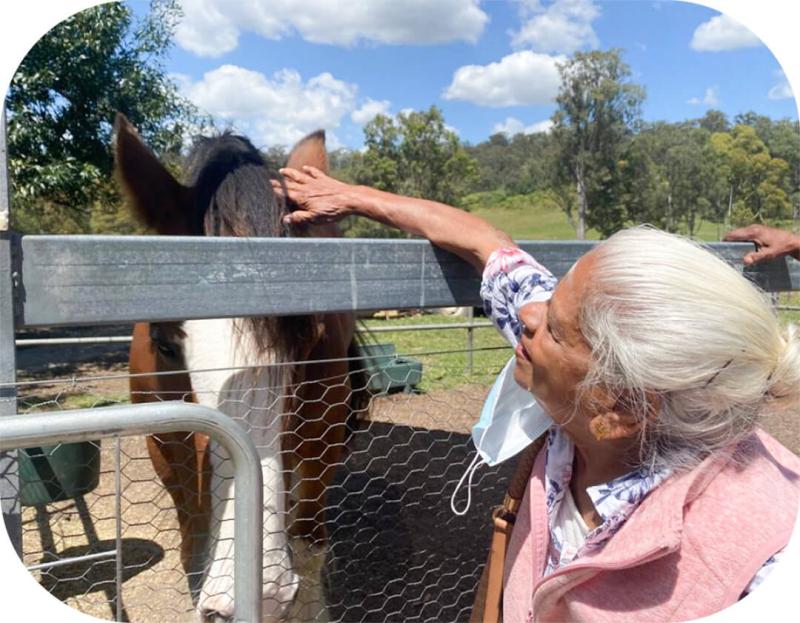Street Side Medics
In response to the rising rates of homelessness in Australia, we have commissioned Street Side Medics who operate from a mobile medical van in Alpha Park in Blacktown and Prince Alfred Square in Parramatta. Staffed by volunteer GPs, junior doctors and registered nurses, Street Side Medics provide free health care for people experiencing homelessness. All treatment is bulk-billed and available for people without a Medicare card. Their services include health examinations, diagnosis and treatment of medical conditions, establishing health care plans, immunisations, pathology services, nutritional advice, minor surgical procedures, and referrals to other providers.
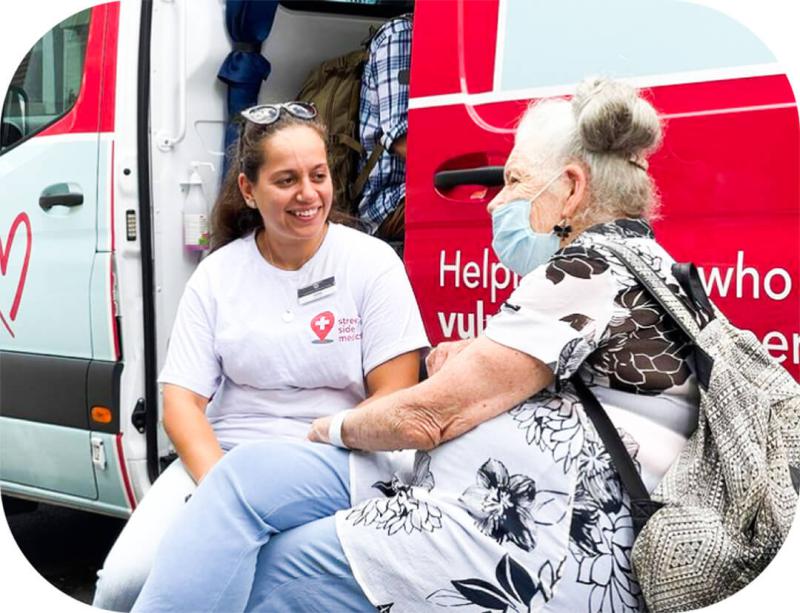
Bilingual Hospital to Home
The Bilingual Hospital to Home program aims to strengthen care pathways for Culturally and Linguistically Diverse (CALD) community members who are exiting the hospital system with mental health difficulties.
The team build connections between GPs, allied health providers, government agencies, health services and other community services to stop community members from falling through the gaps. They also offer social groups for people to rebuild social connections and their confidence.
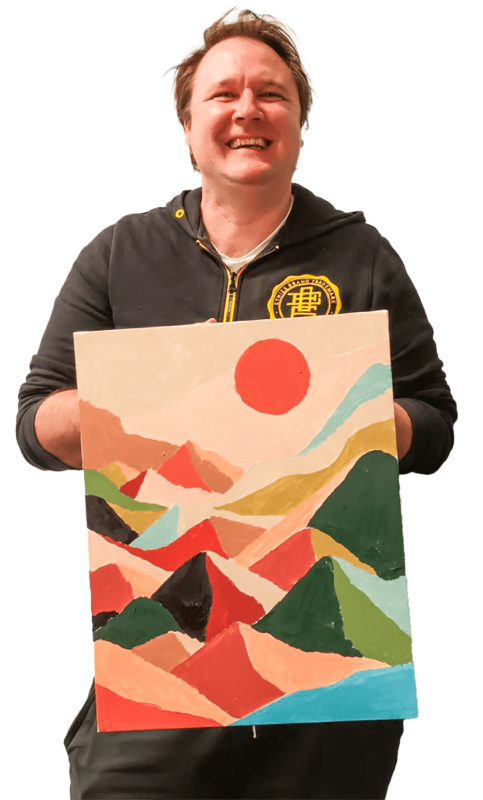
I’ve got great support from One Door Mental Health, especially the Bilingual Hospital to Home program. This program engaged me with different activities which enabled me to build my confidence and realise that I have many strengths that I can use in my recovery journey.
STARTTS
We have been working with the NSW Service for the Treatment and Rehabilitation of Torture and Trauma Survivors (STARTTS) for over a decade to provide culturally-appropriate support to community members with refugee backgrounds living in Western Sydney.
This year, we commissioned five STARTTS’ programs; Culturally and Linguistically Diverse (CALD) Mental Health Literacy program, Psychosocial Support for Refugees who Identify as LGBTIQ+ program, South Sudanese and Hazara Youth Ambassador programs, African and Burmese Mental Health Awareness program, and Keeping in Contact program

Psychosocial Support for Refugees who Identify as LGBTIQ+
This project addressed the specific needs of LGBTIQ+ clients with refugee and asylum seeker backgrounds by providing casework and case management support for LGBTIQ+ refugees and building a peer-led community group to share stories, raise self-esteem and gain skills.
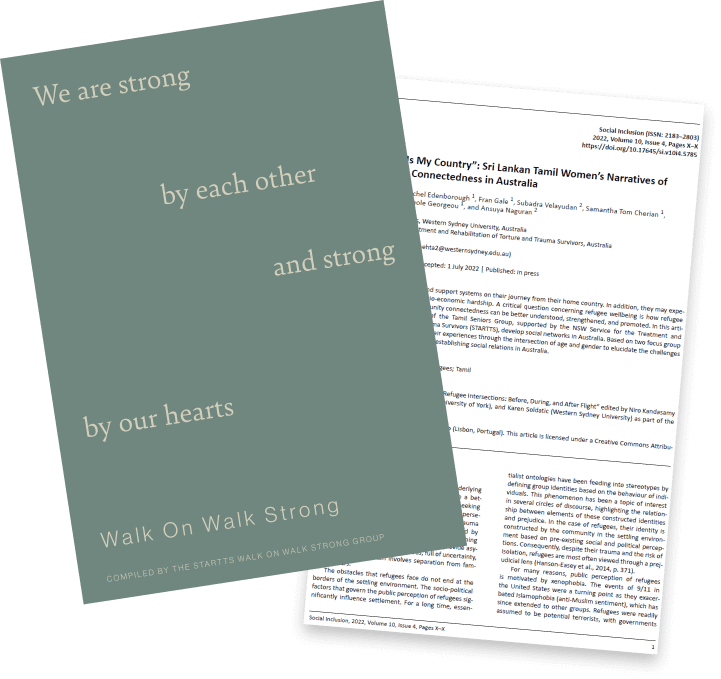
South Sudanese Youth Ambassadors
The South Sudanese Youth Ambassador (SSYA) program has been running since 2017 and is designed to equip young South Sudanese participants with mental health literacy and leadership skills. The goal is to establish a pool of local peer support young leaders who can utilise self-help strategies, branch out into their communities, and build peer networks that help connect other refugees to mental health services.
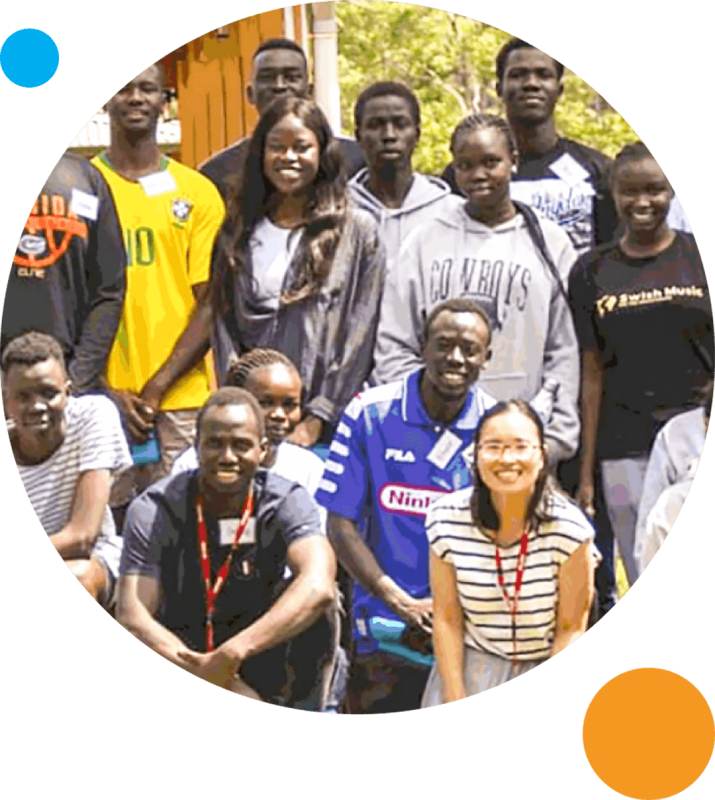
The SSYA Leadership Camp has been a turning point in his life, helping him connect with his cultural roots, find a sense of belonging, and become a leader in his community.
- SSYA Facilitator talking about one of the youth participants
Keeping in Contact
STARTTS' Keeping in Contact (KiC) program has been running for two years to help culturally and linguistically diverse seniors build a sense of belonging within their communities. Along with learning skills such as painting, crochet, singing, gardening and yoga, the groups also go on excursions together, attend health information sessions, and come together to celebrate birthdays and cultural events to share traditional food, music and stories from their childhoods.
